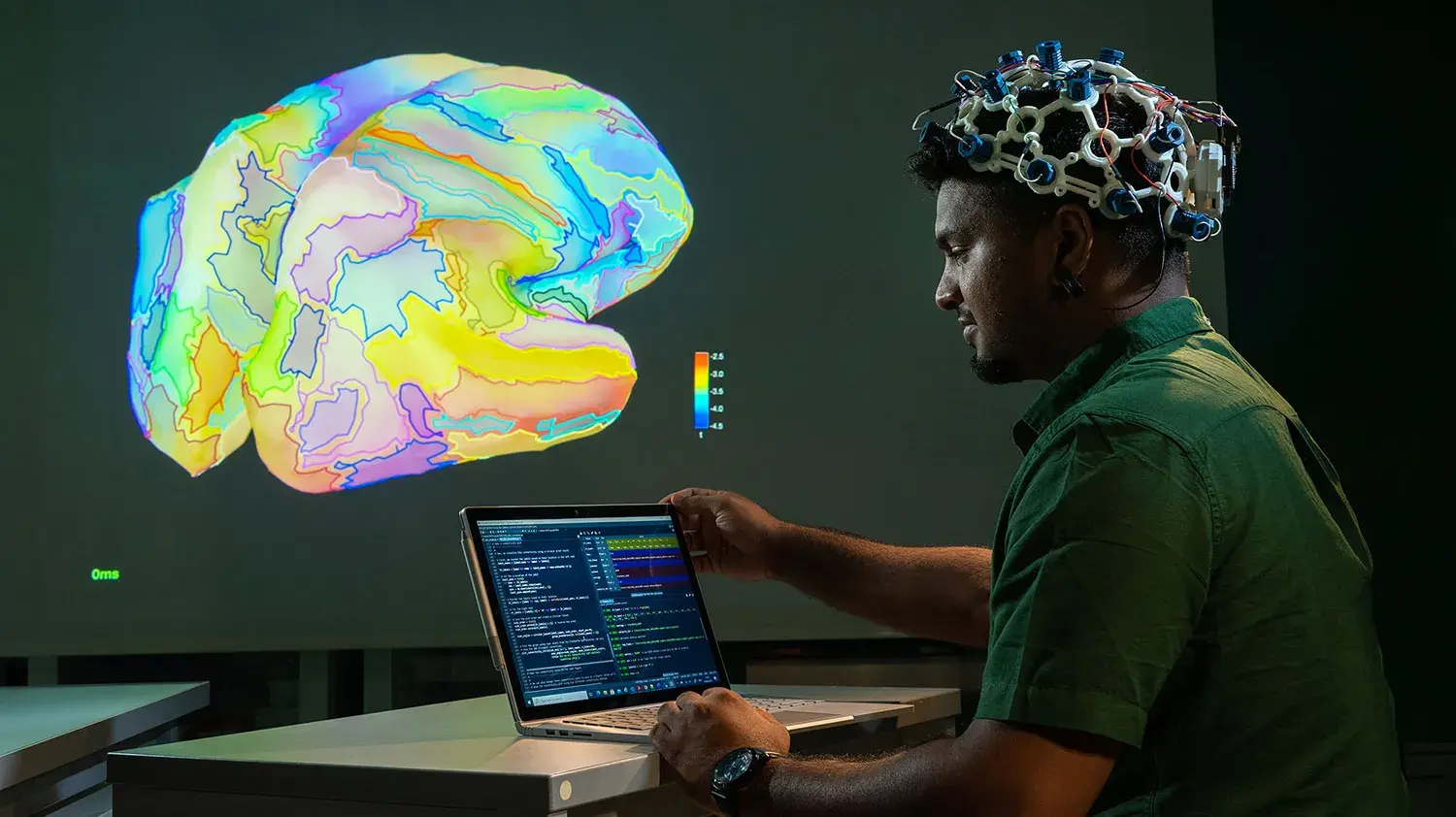Digital Health Specialisation
Digitalisation opens up new possibilities in the healthcare system. Acquire the necessary skills to help patients with innovative solutions.
The "Digital Health" specialisation offers a forward-thinking education at the intersection of medicine and digitalisation. In this specialisation, you will learn to analyse large datasets from the healthcare sector and utilise them for advancements in medical care. Upon completing the "Digital Health" specialisation of the BSc programme "Applied Digital Life Sciences," you will be able to process, analyse, and understand these data.
The thematic focuses of the compulsory modules in this specialisation include medical fundamentals, biomedical devices, clinical informatics, and data science. This interdisciplinary approach prepares you to tackle complex challenges in the digital health sector and develop data-driven solutions for the benefit of patients.
You will learn...
- Basic knowledge of human anatomy, physiology, and diseases
- Principles of medical devices such as sensors and imaging
- Analysis of patient and laboratory data
- Concepts, systems, and applications of clinical data processing
- Fundamentals of clinical study planning and statistical analyses for epidemiology, genetics, etc.
- Knowledge of typical biomarkers in medical data and learning methods for identifying new biomarkers
Examples of projects you could work on in the future
- Applying deep learning methods to patient genomes to develop new therapeutic approaches in cancer research. In this project, you will work in a team at ZHAW in collaboration with a pharmaceutical company.
- Analysing data from a sleep laboratory to improve patient monitoring.
- Analysing hospital data to enable personalised treatments based on biomarkers.
Career
Companies in the healthcare sector, biomedical field, and biotechnology and pharmaceutical industries are typical employers. Want to know where your career path might lead after graduation? We provide an outlook on our careers page.
The compulsory modules within the specialisation are supplemented by elective modules, which provide you with the opportunity to develop further, either in specific topics within the specialisation or supplementary topics. This enables you to create an individual course profile according to your interests.
It is possible to combine certain elective modules into a minor. A minor corresponds to at least 12 ECTS credits, of which about half is completed in the form of a project paper.
Ready for the next step?
- Visit our information events in spring or autumn.
- Questions about the programme? Use the contact form.
- Register for the bachelor's degree programme using the online portal.
